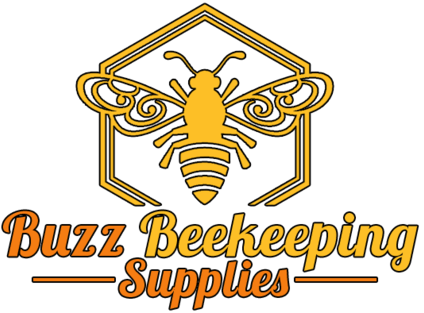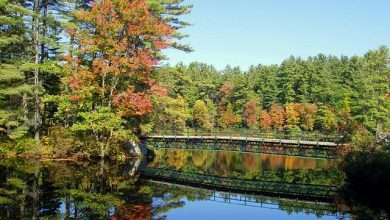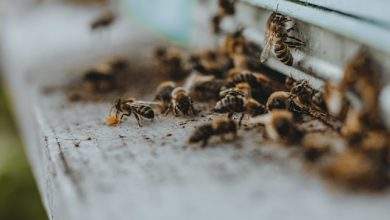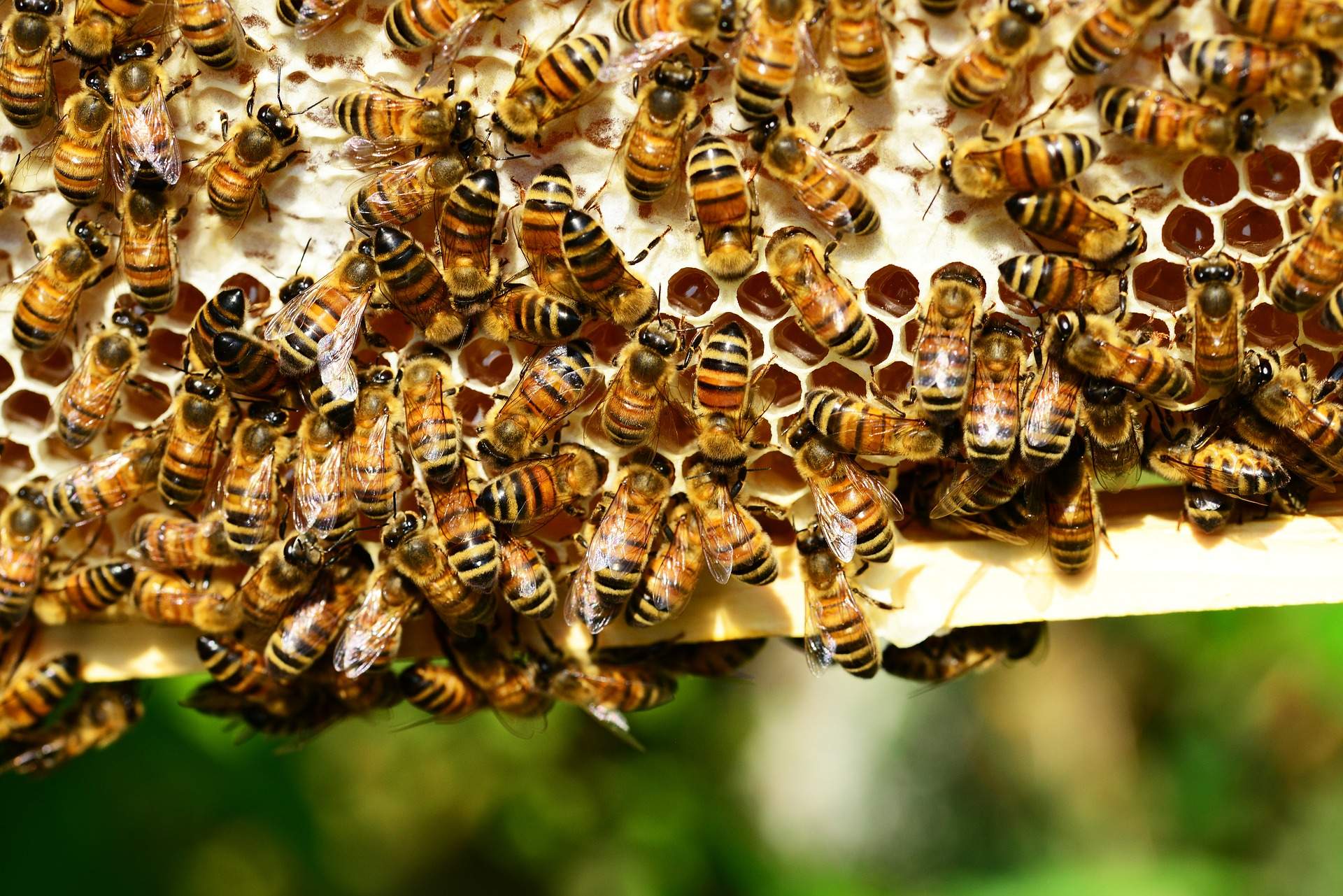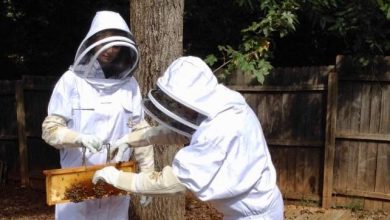Bee Supplies North Dakota: The Ultimate Guide for Beekeepers
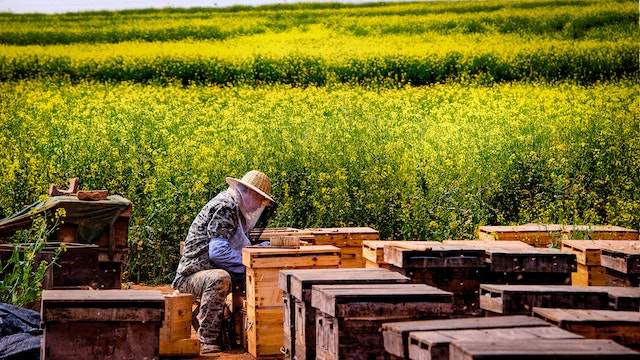
When you’re ready to become a beekeeper in North Dakota, you need the right equipment and resources. Beekeeping can be a rewarding adventure, but without the right bee supplies, it can also be a daunting challenge. That’s why it’s important to understand where and how to buy the bee supplies you need for beekeeping in North Dakota.
In this guide, we’ll cover the top bee supplies for North Dakota beekeepers, where to find them, and how to buy them.
No matter where you are looking for beekeeping supplies in North Dakota, we’ve got you covered.
Beekeeping has been a popular activity in North Dakota for centuries. The state’s vast prairies and fertile lands provide an ideal setting for honeybees to thrive.
Beekeeping Industry in North Dakota:
The beekeeping industry in North Dakota is growing rapidly. According to the North Dakota Department of Agriculture, there are over 600 registered beekeepers in the state, managing more than 120,000 honeybee colonies as of 2021.
The industry produces over 33 million pounds of honey annually, with an estimated value of $74 million. This increase in beekeepers is due to the increasing need for pollinators in the state’s agricultural industry.
Importance of Proper Beekeeping Supplies
If you are planning to start a beekeeping operation in North Dakota, it is important to make sure that you have all of the necessary supplies. These supplies include:
Beekeeping Woodenware
The most popular bee hive in the US is the 10-frame Langstroth hive, originally patented in 1852. This hive, for over 170 years, has been the industry standard.
Hive components are the most important supplies you will need as a beekeeper. These components include hives, frames, and foundations. A beekeeper’s choice of hive can vary, but the most commonly used hive in North Dakota is the Langstroth hive. Frames and foundations come in different sizes and are the essential elements of honeycomb production. Hive components should be constructed from materials that will withstand the weather and environment.
The hive components include:
- Hive body
- Bottom board
- Honey super
- Frames
- Inner cover
- Hive cover
Beehives: The hive is where the bees live, and it is necessary to have a functional and well-maintained hive to keep your bees healthy.
Beekeeper Protective Clothing
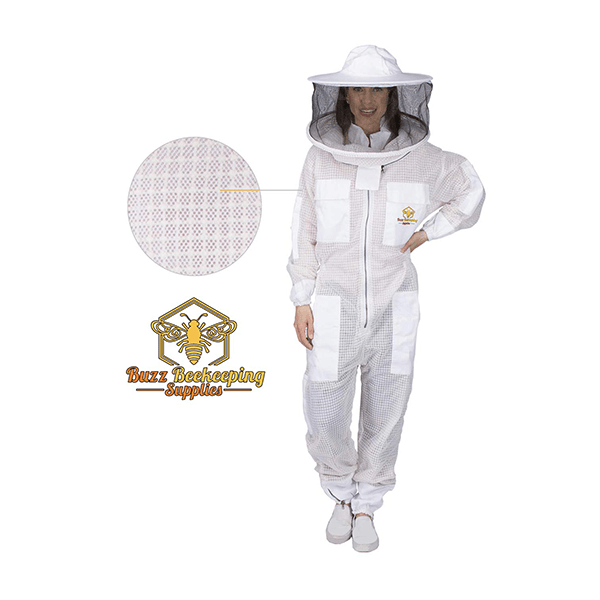
As a beekeeper, protective clothing is necessary to keep you safe from stings. Bee stings can cause allergic reactions, so investing in a quality beekeeper suit or jacket is critical. The clothing should be white or light grey in color and worn over regular clothing to protect the skin.
The most common protective gear for beekeepers include:
Beekeeping Suits
Both canvas beekeeping suits and ventilated bee suits are available.
Beekeeping Jackets
Canvas bee jackets and ventilated bee jackets are available.
Beekeeping Gloves
Goatskin bee gloves and cowhide bee gloves are available.
Many times, you can purchase a combo pack of a bee suit and bee gloves at a discount.
Please note: Your beekeeping suit or beekeeping jacket should come with a veil included.
Beekeeping Equipment and Tools
Here is a list of some common beekeeping tools:
- Hive tool
- Hive smoker
- Queen marker
- Bee Brush
- Hive feeder
- Entrance reducer
Extraction Equipment
Beekeeping includes extracting honey from the hive. Extracting equipment includes honey extractors, uncapping knives, and filters. Extracting the honey from the comb where it is stored is a delicate process that requires the right equipment to properly extract the honey.
Bee Feed
Bees require food to survive, which is why bee feed is so important. Depending on the season, you may need to give the bees pollen substitute, sugar syrup, dry sugar, fondant, and other bee feed.
Where to Buy Bee Supplies in North Dakota
When you’re looking for bee supplies in North Dakota, you have a few options. You can purchase the bee supplies you need online through a variety of companies, or you can find them at local beekeeping stores and apiaries.
Here is a list of local bee clubs in Idaho:
- Online Retailers: When it comes to beekeeping supplies, you can usually find what you need online from a variety of retailers. Buzz Beekeeping Supplies is happy to provide all your protective gear.
- Local Apiaries and Bee Supply Stores: If you prefer to shop in person, you can find bee supplies at local apiaries and bee supply stores. You can find a list of local bee supply stores and apiaries in North Dakota on the Beekeeper’s Association of America website.
How to Choose the Right Bee Supplies
When it comes to beekeeping in North Dakota, you need to make sure that you have the right bee supplies in order to be successful. When you are shopping for bee supplies, there are a few factors to consider:
- Cost: The cost of bee supplies can vary widely, depending on the quality and brand. You should always shop around and compare prices to find the best deals.
- Quality: It’s also important to consider the quality of the bee supplies you’re purchasing. Poor-quality bee supplies can lead to problems for your hive.
- Location: You should also consider the location of the bee supplies. If you’re purchasing supplies online, make sure to check for shipping costs and lead times.
Bee Clubs in North Dakota
The state association is the North Dakota Beekeepers Association.
Where to buy bees and nucs in North Dakota?
One of the best places to purchase queen bees, packaged bees and nucleus hives (nucs) is your local bee club.
If you’re interested in beekeeping, you may want to consider joining a bee club in North Dakota. These clubs offer resources, support, and education to beekeepers of all levels. Here are some bee clubs to consider in North Dakota:
- Red River Valley Beekeepers Association – This bee club is based in Fargo and serves beekeepers in the surrounding area. They offer monthly meetings, workshops, and events.
- Grand Forks Bee Club – The Grand Forks Bee Club is a community of experienced and new beekeepers who come together to learn about bees and share their knowledge. They offer monthly meetings, workshops, and classes.
- Minot Area Beekeepers Association – The Minot Area Beekeepers Association is located in Minot and serves beekeepers in the surrounding area. They offer monthly meetings, workshops, and events.
- Bismarck-Mandan Beekeepers Association – The Bismarck-Mandan Beekeepers Association is a group of beekeepers who come together to share their experiences, offer support, and promote beekeeping in the region. They offer monthly meetings, workshops, and classes.
- Western Dakota Beekeepers Association – This bee club is located in Dickinson and serves beekeepers in western North Dakota. They offer monthly meetings, workshops, and events.
Joining a bee club is an excellent way to connect with other beekeepers and learn about beekeeping. Most clubs offer a variety of events and activities throughout the year, including meetings, workshops, classes, and social gatherings.
In addition to the resources and support provided by bee clubs, there are many other benefits to beekeeping. Bees play a vital role in pollinating plants and crops, and beekeeping is an excellent way to help support biodiversity in North Dakota.
Whether you’re an experienced beekeeper or just starting, consider joining a bee club in your area. You’ll meet new people, learn about bees, and be part of a community that shares your passion for beekeeping.
North Dakota Beekeeping Laws
The North Dakota State Department of Agriculture regulates the apiary industry.
Beekeeping laws and regulations vary by state and North Dakota is no exception. Beekeepers in North Dakota are required to adhere to certain laws and regulations to ensure the safety and well-being of their bees, the environment, and the general public. Here are some important things you need to know about beekeeping laws in North Dakota.
Permits and Registration
Beekeepers in North Dakota are required to register their bee colonies with the North Dakota Department of Agriculture. Registration is free of charge and should be done annually. Beekeepers should also obtain a permit from the department before they start keeping bees. The permit is renewable on an annual basis and the fee can vary depending on the number of colonies you have.

Beehive Placement
In North Dakota, beekeeping is prohibited in public areas and within city and town limits. However, you can keep bees in rural areas, provided you follow the proper guidelines regarding beehive placement. Beehives should be placed at least 25 feet from any property line and 100 feet from any public roadways. The area surrounding the beehive should also be enclosed with a fence of at least six feet high to ensure the safety of the general public.
Disease Control
Beekeepers are required to maintain the health and well-being of their bees. This includes routine hive inspections to ensure the absence of diseases and pests. If a beekeeper discovers any infected or diseased bees, they must report it to the North Dakota Department of Agriculture, Division of Pest Management immediately. Failure to report any identified disease could result in the spread of disease to other colonies.
Selling Honey in North Dakota
It is important to familiarize yourself with the regulations and compliance standards for selling honey in North Dakota.
Regulations vary based on the state, but typically, honey producers are required to obtain a food license and comply with food safety regulations. These regulations ensure that your honey is safe for consumption and help you establish quality standards for your product.
Labeling Requirements
All honey that is produced and sold in North Dakota must meet certain labeling requirements. The label must indicate the name and address of the beekeeper, the net weight of the honey, and the country of origin. This helps customers know where the honey comes from, who produced it, and how much honey they are getting.
Challenges for Beekeepers in North Dakota:
Like any other state in the US, beekeepers in North Dakota also face many challenges. One major challenge is the harsh winter months, which can be fatal for honeybees. In addition, the use of pesticides in agricultural crops poses a significant threat to honeybees in the state. Beekeepers must be aware of the potential dangers of pesticides and take steps to protect their hives from exposure.
Another challenge in North Dakota is the lack of available forage for honeybees. Although the state’s prairies are rich in native wildflowers that provide nectar and pollen for honeybees, the conversion of land for agricultural purposes has led to a decrease in natural habitat for bees.
Conclusion
Becoming a beekeeper in North Dakota is an incredibly rewarding experience, but you need to have the right bee supplies. In this guide, we’ve covered the essential bee supplies for North Dakota beekeepers, where to find them, and how to choose the right ones. With the right tools and resources, you can ensure that your beekeeping experience is a success.
FAQ
Do I need to purchase a complete hive kit?
- It’s not mandatory, but a complete hive kit will provide you with everything you need to start your beekeeping journey. The challenge is that often starter beekeeper kits skimp on quality and you end up with some cheap, poorly made tools and gear.
What is the most important equipment for beekeeping?
- A hive tool is one of the most essential beekeeping tools as it helps in separating the frames inside the hive.
What type of protective clothing do I need during beekeeping?
- Protective clothing is vital to prevent bee stings, so beekeepers need to wear a beekeeping suit, gloves, and a hat with a veil while inspecting the hive.
What is a bee smoker, and why is it necessary?
- A bee smoker produces smoke that relaxes the bees, allowing you to inspect the hive without getting stung. This enables you to handle the bees more safely and efficiently.
When should I start beekeeping in North Dakota?
- Spring is the best time to start, but you can start researching and buying beekeeping supplies in the winter months. Then you will be prepared to purchase bees in early spring.
What should I look for in a beekeeping supplier?
- When you are looking for the best beekeeping supplies in North Dakota, it is important to keep a few things in mind. First of all, you want to make sure that the beekeeping supplies you purchase are of the highest quality. It is also important to make sure that you are buying supplies from a reputable beekeeping supplier. Lastly, you should consider the price of the beekeeping supplies, as well as the return policy of the beekeeping supplier.
